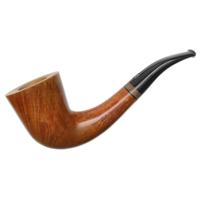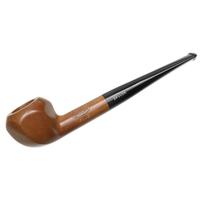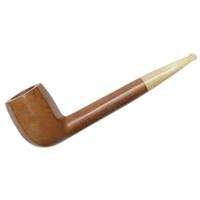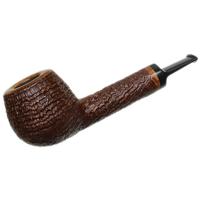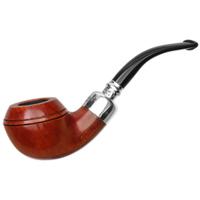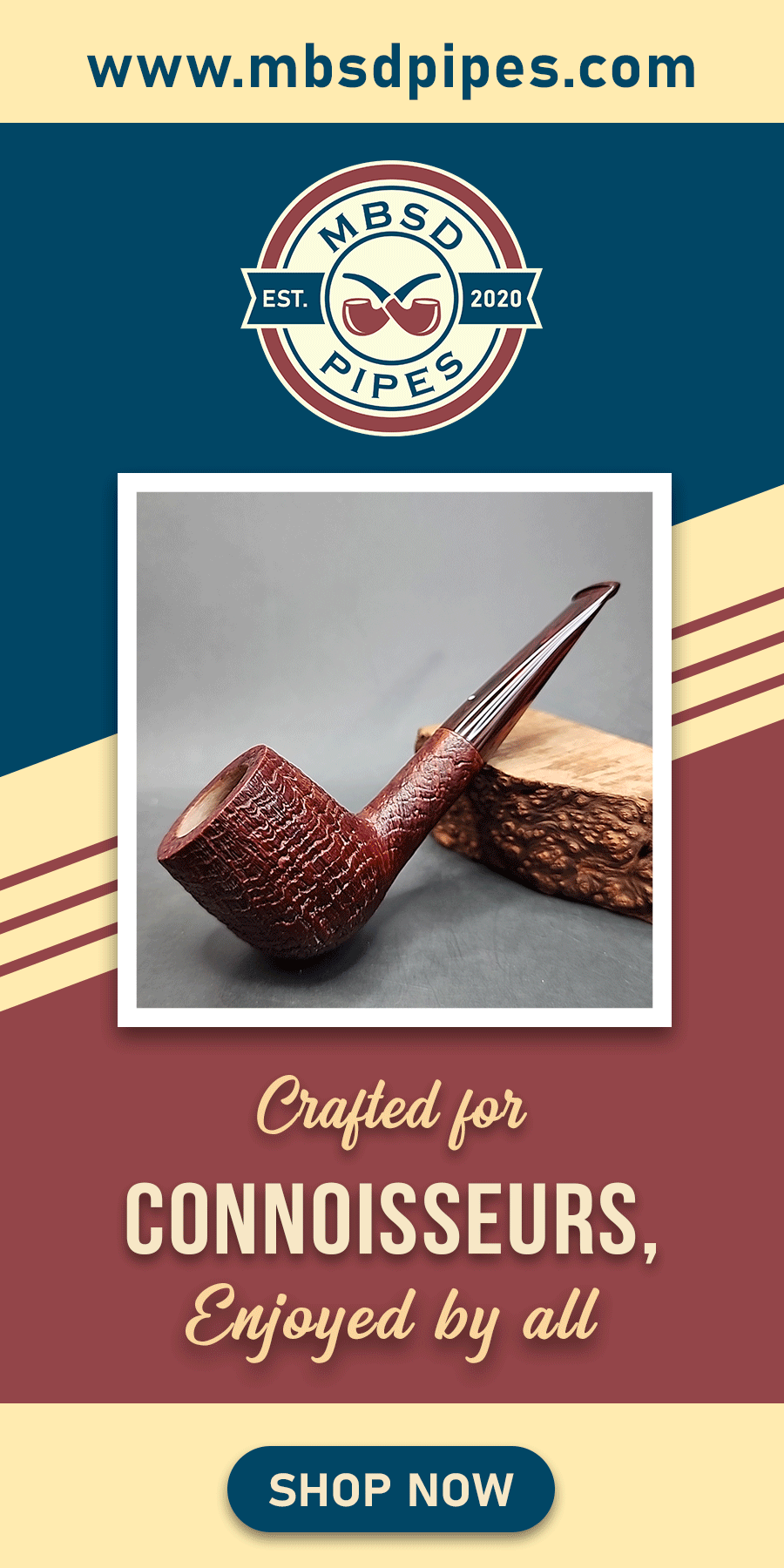Hello all,
I recently acquired a pipe from the singer in my band, it belonged to his grandfather, purchesed back when he was in the service in Germany. I've looked up a few methods on how to disinfect the mouthpiece but was wondering what this community thought. It is the second pipe I've recieved from him, the first pipe he gave me I just cleaned as best I could with a reamer and bristled cleaners, took a chance, lit up, and I guess, "broke" it in a second time. Any help will be greatly appriciated...
Cheers,
Mikeyroteuthis Infernalis
I recently acquired a pipe from the singer in my band, it belonged to his grandfather, purchesed back when he was in the service in Germany. I've looked up a few methods on how to disinfect the mouthpiece but was wondering what this community thought. It is the second pipe I've recieved from him, the first pipe he gave me I just cleaned as best I could with a reamer and bristled cleaners, took a chance, lit up, and I guess, "broke" it in a second time. Any help will be greatly appriciated...
Cheers,
Mikeyroteuthis Infernalis



